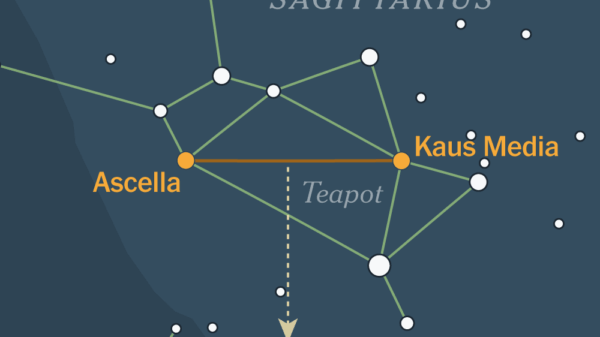URGENT UPDATE: New reports confirm that shark meat sold across the United States is frequently mislabeled, potentially endangering both marine life and consumer health. A study published in the journal Frontiers in Marine Science reveals that a staggering 31% of shark products tested from various states, including Florida and North Carolina, come from endangered species.
This alarming misrepresentation in the shark meat industry, valued at approximately $2.6 billion, poses significant ecological and health risks. The World Wildlife Fund highlights that over 20 species of sharks are prohibited from being caught in U.S. waters due to their potential extinction, yet traceability within the global shark meat trade remains a critical challenge.
Shark products can change hands multiple times and cross various borders, making it alarmingly easy for illegally caught or unsustainably sourced sharks to infiltrate the supply chain. The study’s researchers conducted DNA barcoding on 30 shark samples purchased from stores and online platforms, identifying that four critically endangered species—great hammerhead, scalloped hammerhead, tope, and shortfin mako—were present.
This mislabeling is not just a conservation issue; it poses serious health hazards as well. Some species, including the scalloped hammerhead and great hammerhead, are known to contain dangerously high levels of mercury, methylmercury, and arsenic. These toxic metals can severely damage the brain and central nervous system, especially in developing fetuses, leading to impaired cognitive development and even death.
Shark populations have already plummeted by more than 70% since the 1970s due to overfishing, climate change, and habitat destruction. Currently, 14% of the approximately 550 known shark species are classified as vulnerable, while 11% are endangered and 12% critically endangered, according to the International Union for the Conservation of Nature.
The legality of shark meat sales in the U.S. hinges on the species and harvesting location, governed by regulations under CITES and the Endangered Species Act. However, large shark species often reach grocery stores as fillets, stripped of identifiable features, complicating the ability to ascertain their species.
Savannah Ryburn, a marine ecologist at the University of North Carolina and the study’s lead author, emphasizes the necessity for sellers to disclose specific shark species. “Consumers should avoid buying unlabeled or ambiguously labeled meat,” she advises, highlighting the urgency for clearer labeling practices to protect both marine life and public health.
As awareness grows, consumers are urged to remain vigilant about the shark meat they purchase. This developing story underscores the critical need for transparency in seafood sourcing and the protection of endangered shark species. Stay tuned for further updates as authorities continue to investigate this pressing issue.


































































